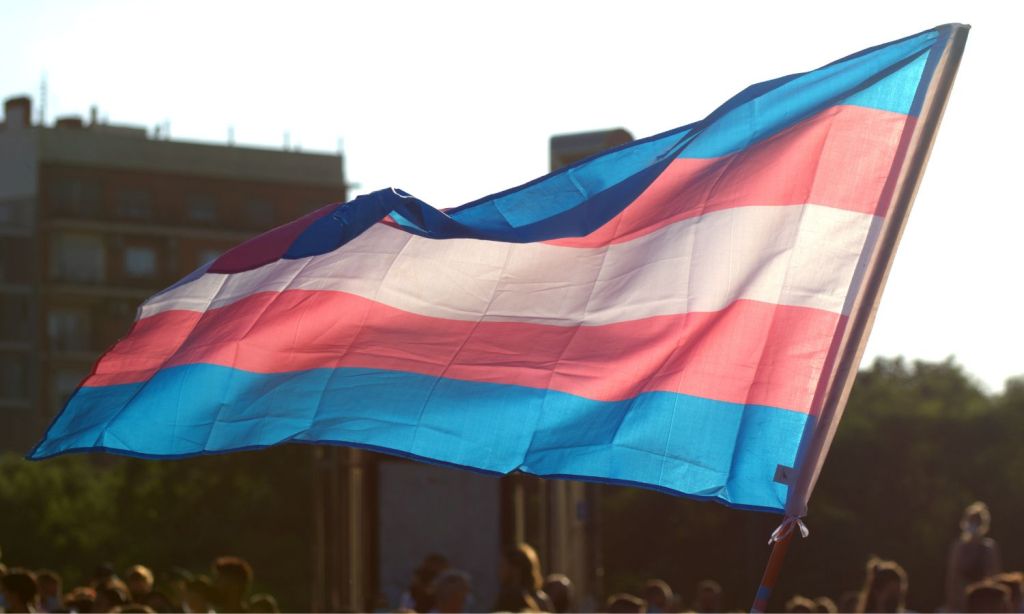Queensland has passed new laws allowing transgender people to formally register a change of biological sex without having to undergo gender transitional medical procedures.
Following a debate in state parliament, in which the Liberal National Party, Katter’s Australian Party, and Independent Sandy Bolton voiced their criticism of the changes, the Bill passed into law on Wednesday.
The Queensland government has described the changes as a “modernisation” of their birth certificate rules, which previously required the person wishing to make the update to official documents to have to jump through serious medical hoops.
Attorney-General, Yvette D’Ath has said that the new laws represent a historic shift towards equality for LGBTQIA+ people.
“I’m proud to pass these new laws that ensure every Queenslander can have their legal identity align with their lived identity,” D’Ath said in a statement. “I want Queensland’s rainbow community to know: your lives matter, your stories matter, and your struggles matter.”
Trans woman and spokesperson for Equality Australia, Ymania Brown, said that the campaign to get birth certificate laws updated was a grassroots operation.
“It’s a life-changing moment for trans and gender-diverse Queenslanders,” she said.
“What most people in Australia take for granted as a simple piece of paper is for trans and gender diverse people the right to exist and be seen for who we are. Everyone deserves the respect and dignity of being recognised as themselves.”
Queensland’s New Trans Laws
The new laws specifically enable trans and gender-diverse people to submit a simple application for a name change on their birth certificate.
No medical authority, surgical procedures, or hormonal therapies will be required to make the shift, as was previously the case. It also allows parents to be recorded on birth certificates either both male, both female, or simply as “parents.”
For children under the age of 16, parents or guardians will be allowed to apply directly to the registry office or make an application through the Children’s Court. The laws scrap the need for an assessment by a medical practitioner who has an established relationship with them.
The laws “recognise same-sex and gender-diverse parents by acknowledging the undeniable reality that a child can have more than one mother and more than one father,” D’Ath said.
Trans Laws Australia
Queensland updating its laws means that there are very few places left in Australia where such requirements for official document changes are still needed.
In everywhere but Western Australia and New South Wales, applications for a change of gender on a birth certificate can be made without any medical intervention required. The Austrlian Federal government removed this requirement in 2013.
Western Australia has been in the process of updating its requirements in this area for at least the last four years. In 2022, they moved to abolish the ‘Gender Reassignment Board’, which required people to demonstrate that they have undergone surgery in order to apply for a gender change.
However, the new laws, which are still in the works, will require a certificate from a medical practitioner stating that they have had clinical treatment on the subject.
Clinical treatment here can mean simply seeing a psychologist to talk the decision to transition through. It’s still an unnecessary hurdle, but a smaller one than before.
In fact, although other states and territories do not require medical intervention, many do require some kind of medical authority, which can be a psychologist, to validate a trans person’s decision.
This is the case in South Australia, the NT, and the ACT. Victoria does not require the sign-off of a psychologist while Tasmania does in some circumstances.
Confusingly, although many states and territories have updated their laws, many simply haven’t gotten around to updating their official websites. The NT, for example, passed their gender change laws in 2018 but, as of writing, the government website still lists the old requirements.
New South Wales, on the other hand, is the only jurisdiction that has not updated its change of gender rules. In NSW, trans people are required to have undergone a “sex affirmation procedure” before they can apply for an updated birth certificate.
The state currently has no plans in the works to address its outlier status.
A Change.org petition was created in 2019 to bring the problem to the state government’s attention but has so far only received 1,300 signatures. A similar petition was launched on the New South Wales State Parliament website in March of this year.
The latter petition’s author, Monica Harrison, has said that the current laws are “out of step with federal law and human rights.”
“If nothing else we need to bring things in line with the rest of Australia.”
Gender affirmation surgery is not always wanted, safe, or accessible to trans people, with the vast majority of them living without surgery. Forcing trans people to get surgery before they can update their official documents is considered a human rights violation and, while withheld, endangers trans people who may have to show a certificate that doesn’t match their external gender presentation.
Independent NSW MP, Alex Greenwich, is the only openly gay male MP in the state and he has long been campaigning for the laws to change. Greenwich commissioned a discussion paper on the topic back in 2015 but it did not gain the necessary traction.
Related: Why Australia’s Trans Day of Visibility Rallies Was Vital
Related: Elliot Page to Executive Produce Transgender Documentary ‘Nel Mio Nome’
Read more stories from The Latch and subscribe to our email newsletter.







